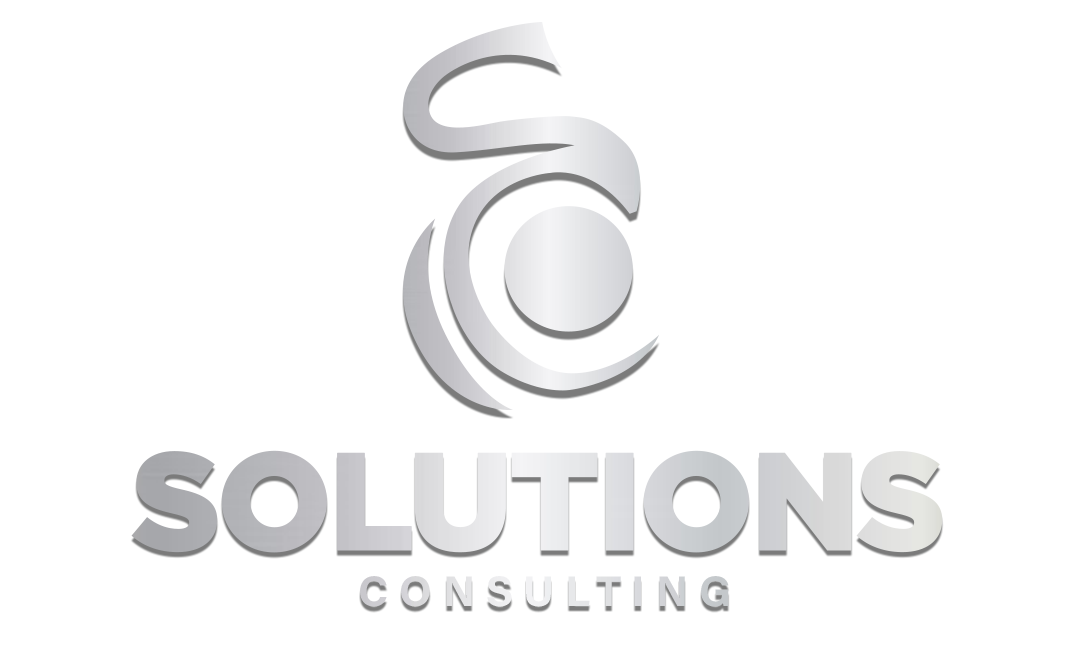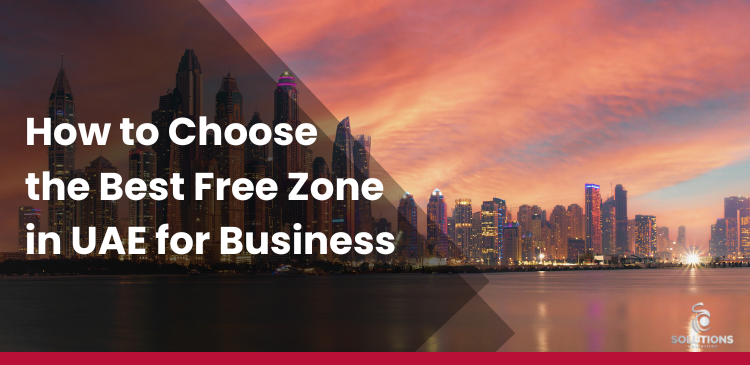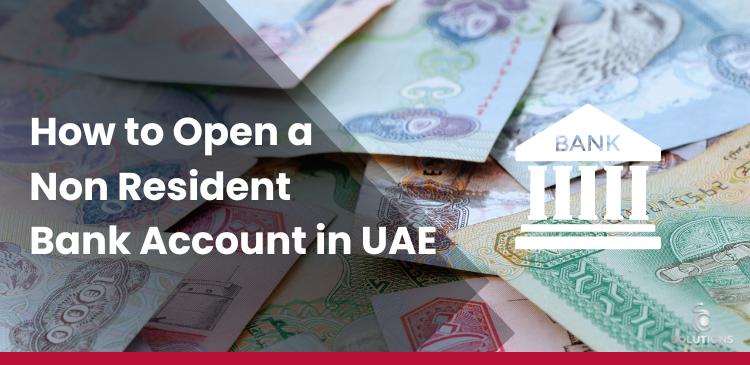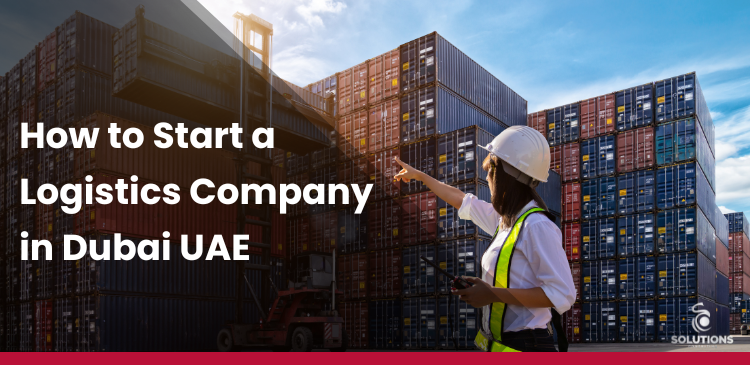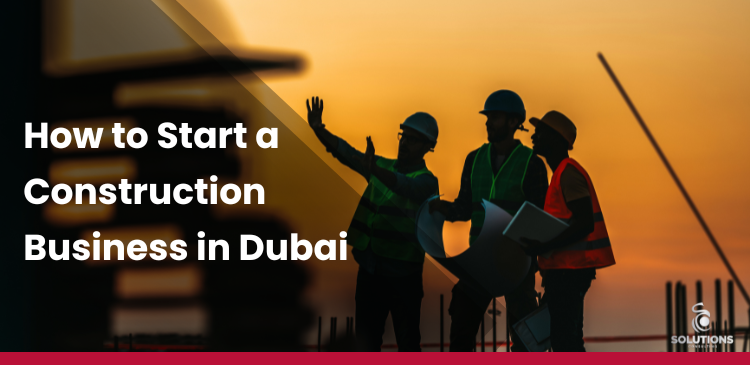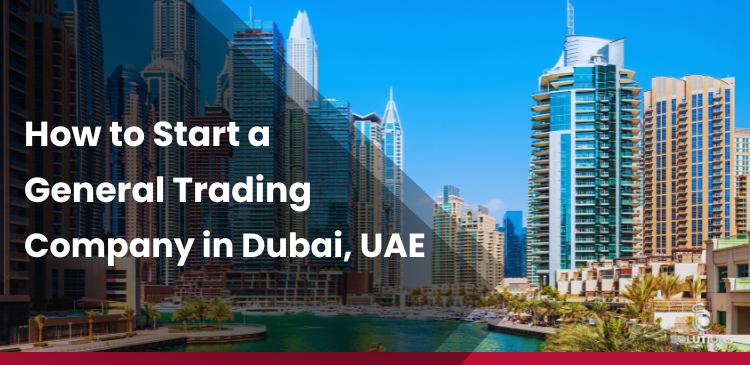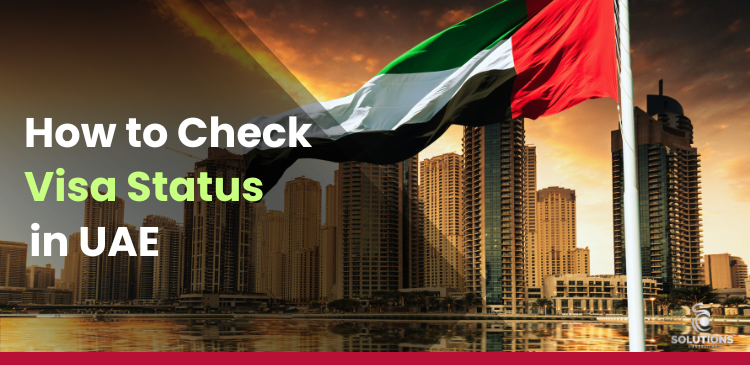UAE is a global business hub, attracting entrepreneurs and companies from around the world. Its strategic location, world-class infrastructure, and favorable business policies make it an ideal destination for starting and growing a business.
One of the most attractive business setup options in the UAE is operating within one of the many free zones. Free zones offer a range of benefits, such as tax exemptions, full foreign ownership, and easier administrative procedures, making them a popular choice for both local and international investors.
Choosing the best free zone for your business in the UAE, however, requires careful consideration of multiple factors. In this article, we will explore the various free zones in the UAE, the benefits they offer, and how to choose the best free zone in UAE for business.
Free Zones in the UAE
Free zones in the UAE are special economic zones where companies benefit from relaxed business regulations, making them highly attractive to investors. Free zones allow for 100% foreign ownership, full repatriation of profits, exemption from import and export duties, and, in many cases, no personal or corporate taxes for a certain number of years. They are designed to promote foreign direct investment and stimulate economic growth by providing a business-friendly environment.
Some of the most popular free zones in the UAE include:
- Dubai Multi Commodities Centre (DMCC)
- Jebel Ali Free Zone (JAFZA)
- International Free Zone Authority (IFZA)
- Dubai Airport Free Zone (DAFZA)
- Sharjah Airport International Free Zone (SAIF Zone)
Each of these free zones caters to specific industries and business activities, offering tailored infrastructure and services. For example, DMCC is renowned for commodities trading, JAFZA for logistics, and DIC for technology and media companies.
These free zones offer a wide range of opportunities for business formation, but choosing the best one requires evaluating several key factors that align with your business needs. Below, we outline the primary criteria that should guide your decision.
How to Choose the Best Free Zone in UAE for Business
When it comes to choosing the best free zone in UAE for business, make sure to keep the following criteria in mind:
1. Primary Business Activity
The first and most important factor to consider when choosing a free zone is the type of business activity you plan to conduct. Different free zones cater to different industries and have specific rules about what business activities are allowed.
For example, Dubai Internet City focuses on tech companies, while the Jebel Ali Free Zone is more suitable for logistics and trade.
If you are in a specialized sector, it is essential to choose a free zone that supports your specific industry. Each free zone provides a list of business activities permitted within its jurisdiction, and aligning your business activity with the right free zone will help ensure compliance and smooth operations.
Moreover, some free zones offer special licensing categories, such as consultancy licenses, trading licenses, or industrial licenses, which may be more suitable for your business needs.
2. Cost of Setting Up Your Business in the Free Zone
Cost is another crucial factor when selecting a free zone. Each free zone has its own fee structure, which includes the cost of business licenses, office space, visas, and other administrative fees. Some free zones, such as the Ajman Free Zone, are known for their affordability, making them a good option for startups and small businesses with limited budgets.
On the other hand, free zones like DMCC or DIFC (Dubai International Financial Centre) may have higher setup costs but offer premium services and facilities that are more suitable for larger enterprises or businesses requiring a more prestigious location.
It’s important to evaluate not only the initial setup cost but also the ongoing operational costs to ensure they align with your budget and business growth plans.
3. Availability of Labor
The availability of skilled labor is a significant consideration, particularly for businesses in industries that require specialized expertise. Some free zones are located in areas where access to a large pool of qualified labor is easier, such as Dubai Internet City for IT professionals or Dubai Healthcare City for medical practitioners.
If your business depends on specific skill sets, you’ll want to choose a free zone where you can easily recruit the right talent. In addition, it’s important to check the visa policies of the free zone to ensure that you can sponsor enough employees to meet your business needs.
4. Facilities Offered
The infrastructure and facilities provided by the free zone are key to the success of your business. Some free zones offer state-of-the-art office spaces, warehouses, and other essential facilities that can give your business a competitive edge.
For example, JAFZA provides logistics companies with access to modern storage and distribution centers, while Dubai Studio City offers world-class production facilities for media companies.
Look into the specific facilities offered by the free zone and ensure they match the requirements of your business. Whether you need high-tech office space, specialized storage facilities, or advanced communication infrastructure, it’s essential to choose a free zone that offers the right support.
5. Location
Location is a critical consideration when you choose the best free zone in UAE. The proximity of your free zone to key markets, clients, and suppliers can affect the operational efficiency of your business. For instance, free zones like DAFZA and JAFZA are strategically located near major airports and seaports, making them ideal for businesses involved in international trade or logistics.
In contrast, if your business caters to a more localized market, choosing a free zone closer to the city center may be more beneficial. Consider the geographic advantages offered by the free zone and how they align with your business operations.
6. Proximity to Seaports or Airports
For businesses involved in trading, manufacturing, or logistics, proximity to major seaports or airports is a major factor when you choose the best free zone in UAE. Free zones like Jebel Ali Free Zone, located next to the largest seaport in the region, or Dubai Airport Free Zone, located adjacent to Dubai International Airport, offer logistical advantages for companies that rely heavily on import and export activities.
Being close to a seaport or airport can significantly reduce transportation costs and enhance supply chain efficiency. If your business relies on the swift movement of goods, selecting a free zone with easy access to these transportation hubs is crucial.
7. Share Capital Requirement
Each free zone in the UAE has its own minimum share capital requirement for company formation. Some free zones, particularly those targeting smaller businesses and startups, have low or even no share capital requirements, making them accessible to new entrepreneurs. Others may require a more significant investment, which could be a consideration for larger, more established businesses.
Dubai Multi Commodities Center, Dubai Internet City, and Masdar City Free Zone have requirements for depositing of share capital as low as AED 50,000. There are free zones that require a large share capital such as Dubai Silicon Oasis where the minimum level is AED 100,000.
Ensure that the share capital requirement of the free zone matches your financial capabilities and long-term business goals. This will help avoid any unnecessary financial strain during the setup process.
8. Restrictions on Shareholders
It is essential to understand the regulations regarding shareholders in the free zone you are considering. Some free zones may limit the number of shareholders, while others have more flexible policies.
If you plan to have multiple shareholders or investors, it’s important to choose a free zone that allows for this and offers legal structures like Free Zone Establishment (FZE) or Free Zone Company (FZC), which accommodate multiple stakeholders.
Understanding these restrictions is crucial to avoid legal complications and ensure that your business structure is aligned with your ownership and investment needs.
9. Requirement of Annual Audit
Many free zones in the UAE require businesses to conduct an annual audit as part of their compliance requirements. While this is a standard practice in many jurisdictions, it can add an extra layer of cost and administrative responsibility to your business.
Some free zones, particularly those targeting smaller businesses, may not have such stringent audit requirements. If you prefer to minimize administrative burdens, consider choosing a free zone with more relaxed audit regulations.
However, keep in mind that conducting an audit can enhance your business’s credibility with banks, investors, and regulatory authorities.
10. NOC Requirements
A No Objection Certificate (NOC) is often required from the local sponsor if a UAE mainland business owner wants to open a new entity in a free zone. Some free zones have strict NOC requirements, while others are more flexible.
If you are transitioning from a mainland business or setting up a free zone entity for the first time, it’s essential to verify whether an NOC is required and whether you can easily obtain it.
Working with free zones that have simplified processes can make the transition smoother and less time-consuming.
Choose the Best Free Zone in UAE with SolutionsFZCO
Choosing the best free zone for your business in the UAE can be a complex process, but with the right guidance, it can also be a rewarding one. At SolutionsFZCO, we specialize in helping businesses navigate the UAE’s free zone landscape, from identifying the best free zone to handling the entire setup process.
Our experienced consultants will guide you through each step, ensuring that you make the best decision for your business needs.
With our in-depth knowledge of the UAE’s free zones and a commitment to delivering tailored solutions, SolutionsFZCO is your trusted partner for successful business setup in the UAE. Contact us today to get started.
